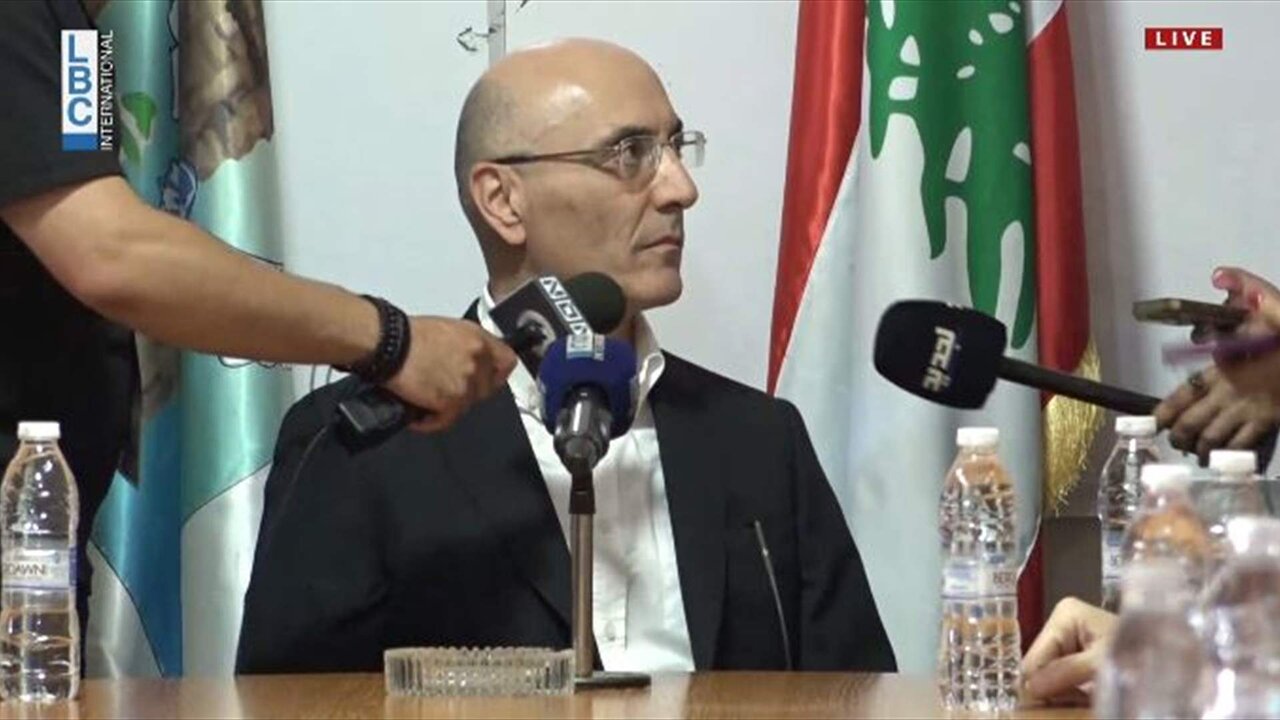A pro-Resistance electoral tsunami across Lebanon
From now on, eyes are on the upcoming parliamentary elections scheduled for May 2026

SOUTH LEBANON — The fourth and final round of municipal and mayoral elections in Lebanon’s governorates concluded, with voter turnout standing at 36.65% in Nabatieh and 43.17% in South Lebanon, according to the Ministry of Interior.
The votes were a practical referendum on the absolute popular legitimacy of the Resistance, both popularly and constitutionally, as the people in Lebanon are the source of power.
While inspecting the electoral process, Interior Minister Ahmad Hajjar said, “The south enjoys a special status in light of the territory still occupied and the ongoing Israeli attacks.”
Hajjar noted, “The Lebanese state is engaged in diplomatic contacts around the clock to implement the ceasefire agreement, and efforts are being made to ensure the smooth running of the electoral process.” The minister also expressed hope for “lasting peace in Lebanon.”
Regarding reconstruction of what has been demolished during the ongoing U.S.-led Israeli aggression, the minister stated that “the government is working diligently to secure the necessary funds, hoping that these efforts will bear fruit as soon as possible.”
Obviously, the municipal elections have highlighted the strong coordination between Hezbollah and the Amal Movement.
In the city of Nabatieh, one of the candidates, who is frequently appeared on the anti-resistance channels and got the title of the spokesman of the anti-resistance Shiites, received just 20 votes, compared to 2,000 votes for the last winner on the list of the Shiite duo.
In their traditional strongholds, Lebanese Forces candidates, who during the intensive September-November aggression on Lebanon in 2024, were pushing for elections without Shiites made a terrible performance. It clearly indicated their declining popularity in favour of a list supported by the Free Patriotic Movement and other Christian groups.
During the U.S.-led Israeli aggression, Lebanese Forces MP Ghada Ayoub said that the heinous crimes committed against the pro-Resistance popular base were the fulfillment of “heavenly justice.”
After the war, the forcibly displaced people returned to their homes and voted for the Resistance, while Ayoub failed even in the Christian villages affiliated with her racist right-wingers, whose political hatreds intersect with the cancerous Zionist project.
As for the Shiite duo, they strongly believe in the commandment of their first Imam, Imam Ali (as): “There are two types of people. Either a brother to you in faith or an equal to you in creation.”
This duo never used the inflammatory sectarian rhetoric, which is a guarantee of Lebanon’s sovereignty in general, and of the Shiite community in particular; a political resilience first founded by Martyr Sayyed Musa al-Sadr (ra), and perpetuated then by his successor Martyr Sayyed Hassan Nasrallah (ra).
Given the performance of the Shiite duo in the municipal elections, now the eyes are on the parliamentary elections in Lebanon scheduled for May 2026.
During an inspection of the electoral process in the two southern governorates, Army Commander General Rodolphe Heikal issued a statement affirming that the Israeli enemy is the one preventing the deployment of the Lebanese Army in the south and violating relevant international resolutions.
Heikal added that “the success of the electoral process is of great importance in light of the current exceptional challenges.”
Heikal’s position undermined everything the anti-Resistance team is trying to promote to absolve “Israel” of responsibility for the army’s incomplete deployment in the south and the campaigns of slander against the Resistance.
On the occasion of Resistance and Liberation Day, South Lebanon was liberated a quarter century ago, and during the recent aggression, the Israeli enemy’s hordes were prevented from invading and establishing a foothold in even one town.
Without the heavy sacrifices of the Resistance fighters and their families, Lebanon would not have witnessed Liberation Day, a day on which every free Lebanese must stand in reverence for every martyr who ascended along the long road to liberation.
Leave a Comment